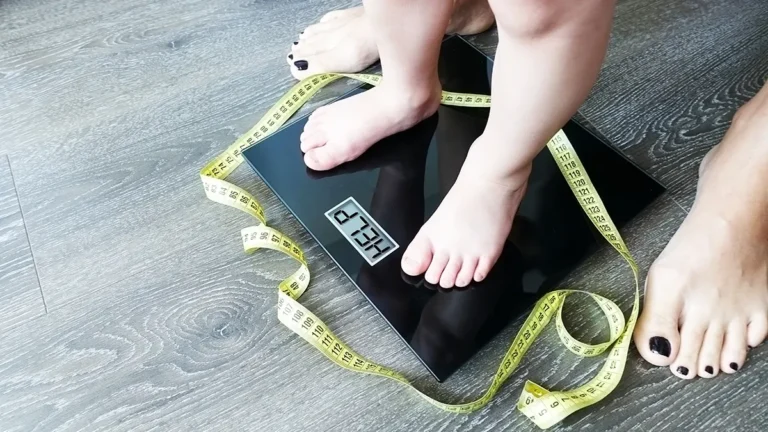
How to Impress While Shadowing
Shadow (verb shad·ow)1 · To follow and watch (someone) especially in a secret way · ... Read more
Written by: Svetlana Villano
Published on: June 7, 2016

Shadow (verb shad·ow)1 · To follow and watch (someone) especially in a secret way · ... Read more
Written by: Svetlana Villano
Published on: June 7, 2016

It might actually come as a surprise to many would-be medical students that gender is ... Read more
Written by: Brian Wu
Published on: May 23, 2016

One of the most pressing issues facing prospective medical students today is the choice of ... Read more
Written by: Brian Wu
Published on: May 17, 2016

The fastest way to not get accepted to med school is to think that your ... Read more
Written by: Linda Abraham
Published on: May 12, 2016

The AMCAS application to medical school asks for a lot of information about yourself. It ... Read more
Written by: AAMC Staff
Published on: May 12, 2016

By Michelle Finkel, MD Whether you are a candidate for medical school, residency, fellowship, dental ... Read more
Written by: Michelle Finkel
Published on: May 10, 2016

Updated December 1, 2021. The article was updated to correct minor grammatical errors and to ... Read more
Written by: Coalition for Disability Access
Published on: May 5, 2016

In 2014, the American Association of Medical Colleges announced that the MCAT 2015 would be ... Read more
Written by: Brian Wu
Published on: May 3, 2016

Preparing for an exam is the same as preparing for any other major event you ... Read more
Written by: Iowa State University Dept of Biomedical Sciences
Published on: April 29, 2016

For most pre-meds taking the MCAT, the CARS section proves to be one of the ... Read more
Written by: Nick Zehner
Published on: April 28, 2016

MCAT History Back in the olden days (like prior to 2007), the MCAT was only ... Read more
Written by: Linda Abraham
Published on: April 27, 2016

Junior doctors [and residents in the US] do a valuable and sometimes life-saving job for ... Read more
Written by: Anne Caler
Published on: April 7, 2016

It wasn’t so very long ago that the typical medical student went straight from high ... Read more
Written by: Brian Wu
Published on: April 6, 2016

The advent of the Affordable Care Act was meant, in part, to help to increase ... Read more
Written by: Brian Wu
Published on: March 31, 2016

Some people develop the passion for medicine at an early age. Michael Clearfield, DO, was ... Read more
Written by: Suzanne Barston
Published on: March 30, 2016

Coming Prepared Everyone has a point in their lives where this happens, whether it’s high ... Read more
Written by: Gavin Rapp
Published on: March 28, 2016

Updated on July 1, 2021. The article was updated to correct minor grammatical errors and ... Read more
Written by: Brian Wu
Published on: March 24, 2016

According to the Center for Disease Control, childhood obesity is reaching what some are calling ... Read more
Written by: Brian Wu
Published on: March 22, 2016

As an undergrad, one of the reasons you devoted so much time to a research ... Read more
Written by: David Oppenheimer
Published on: March 21, 2016